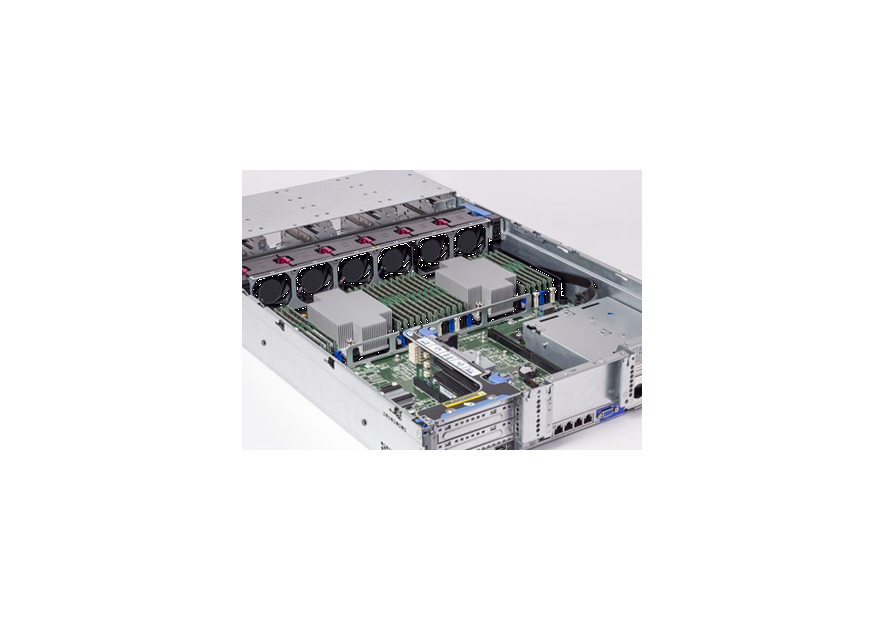DDR4 VS DDR5 Server Memory

Introduction
In the world of technology, change is the only constant. Server administrators often find themselves facing a critical decision: whether to upgrade to the latest and greatest hardware or stick with the tried-and-true. One such dilemma revolves around the upgrade from DDR4 to DDR5 server memory. Is it time to make the leap, or should we wait for the dust to settle? Let's explore this electrifying topic and see what's at stake.
The Evolution of DDR
Before we dive into the DDR5 vs. DDR4 debate, let's quickly recap the evolutionary journey of DDR (Double Data Rate) memory. DDR1, DDR2, DDR3, and DDR4 have all made their mark on the server world, each improving on the previous generation in terms of speed and capacity. DDR5 is the latest kid on the block, promising even greater enhancements in performance and efficiency.
The Case for Upgrading to DDR5
Speed Demon: DDR5 memory is designed to be faster than DDR4, offering a significant increase in data transfer rates. With DDR5, you'll witness a noticeable boost in server performance. If your workloads are memory-intensive or require high-speed data processing, this alone could justify the upgrade.
Increased Capacity: DDR5 modules will eventually surpass DDR4 in terms of capacity, allowing servers to handle more memory-hungry applications and workloads with ease. This makes DDR5 an attractive option for businesses planning for future growth.
Energy Efficiency: DDR5 comes with built-in power management features, which means it consumes less power than DDR4 when idle. This can translate to reduced operational costs over time, which is always a good thing for businesses looking to save on their electricity bills.
Future-Proofing: Technology waits for no one. By upgrading to DDR5 now, you're setting yourself up for a more stable future. DDR5 will likely be the memory standard for several years, ensuring that your servers remain competitive and compatible with upcoming software and hardware developments.
The Case for Waiting
Early Adopter Risks: Whenever new technology arrives, there can be unforeseen issues and bugs that need ironing out. Being an early adopter of DDR5 might expose your server infrastructure to potential teething problems that can disrupt operations.
Cost: Newer technology often comes at a premium, and DDR5 is no exception. The initial investment in DDR5 memory modules and compatible motherboards may be steep, and the cost may not always justify the performance gains for every use case.
Compatibility Concerns: If you're running older server hardware, upgrading to DDR5 might not be straightforward. It could require a complete overhaul of your server infrastructure, including new motherboards, CPUs, and other components. This added complexity can be a headache for many IT departments.
DDR4's Adequacy: DDR4 memory is still quite capable for many server applications. If your current workload doesn't require the extra speed and capacity offered by DDR5, sticking with DDR4 can save you both time and money.
Conclusion
In the end, the decision to upgrade to DDR5 server memory ultimately depends on your specific needs and circumstances. DDR5 offers undeniable advantages in terms of speed, capacity, and energy efficiency, making it an enticing option for those seeking high-performance computing. However, the added costs and potential compatibility issues make it a decision that should be approached with careful consideration.
The best approach may be a middle ground – wait for DDR5 technology to mature a bit while keeping a keen eye on developments and pricing. By doing so, you can make a well-informed decision when the time is right for your unique server infrastructure. Remember, the choice between DDR4 and DDR5 is not just a binary decision; it's a dynamic journey towards harnessing the full potential of your server hardware.



